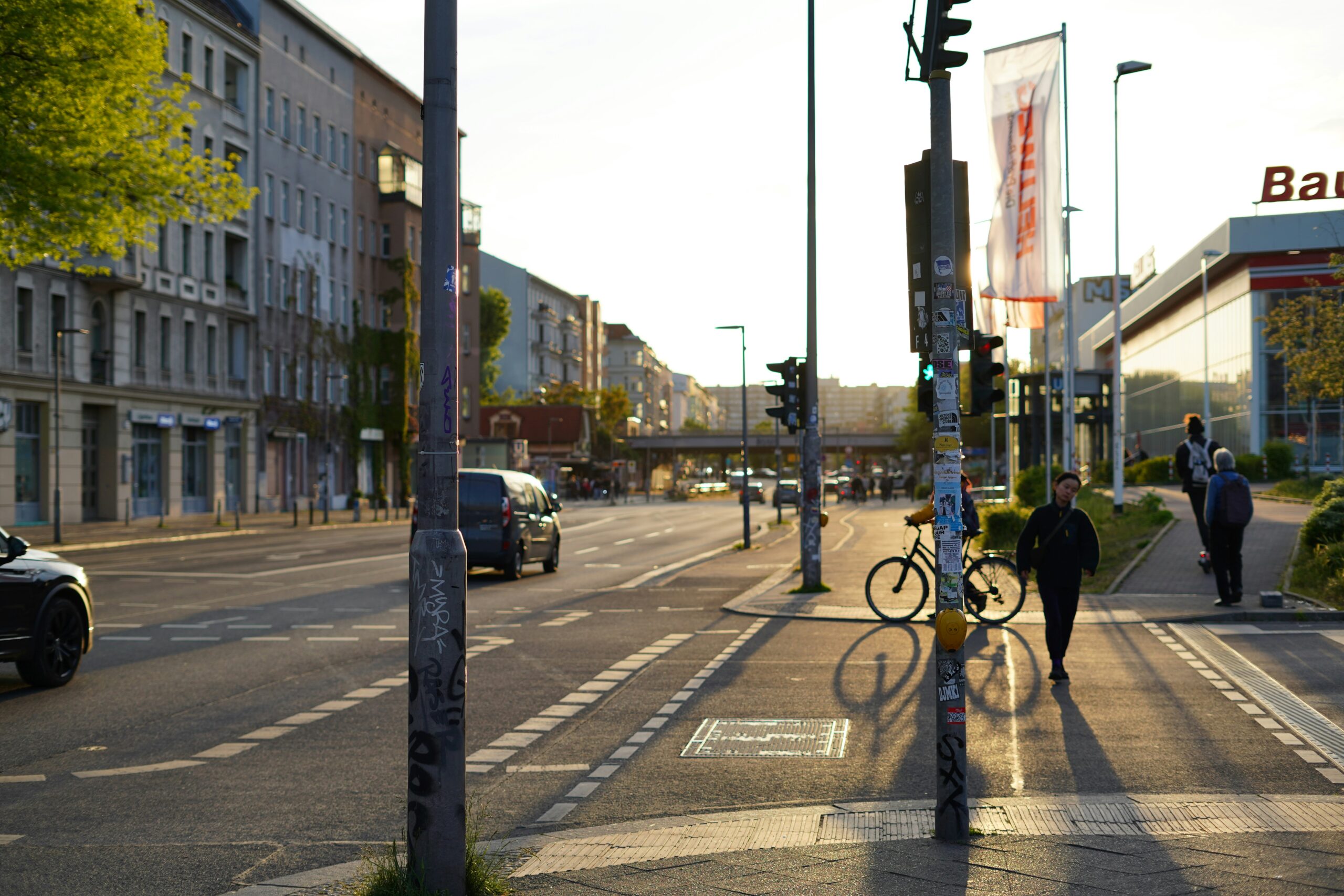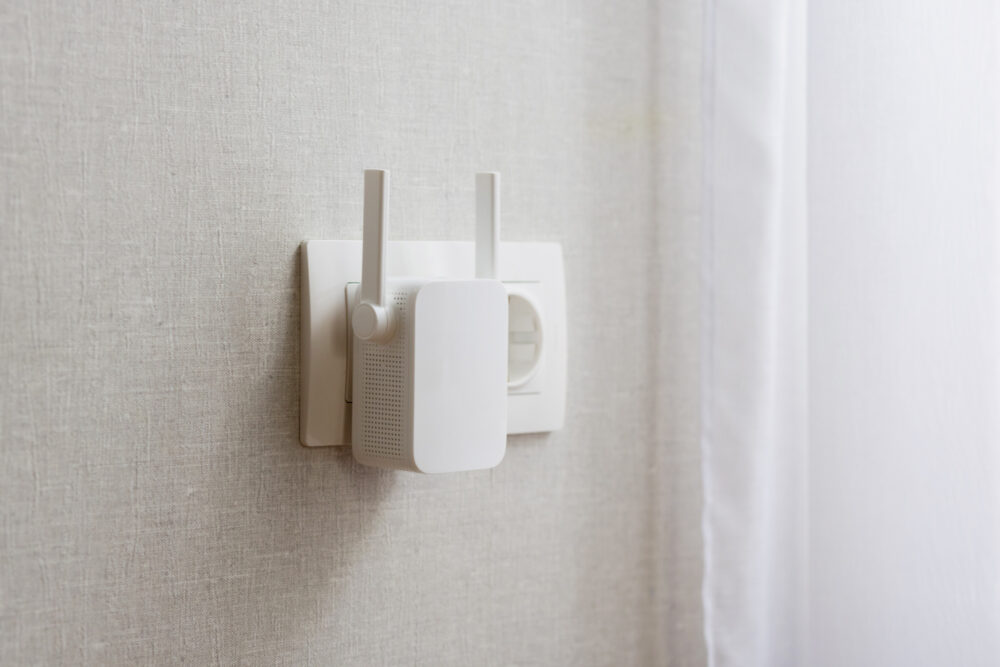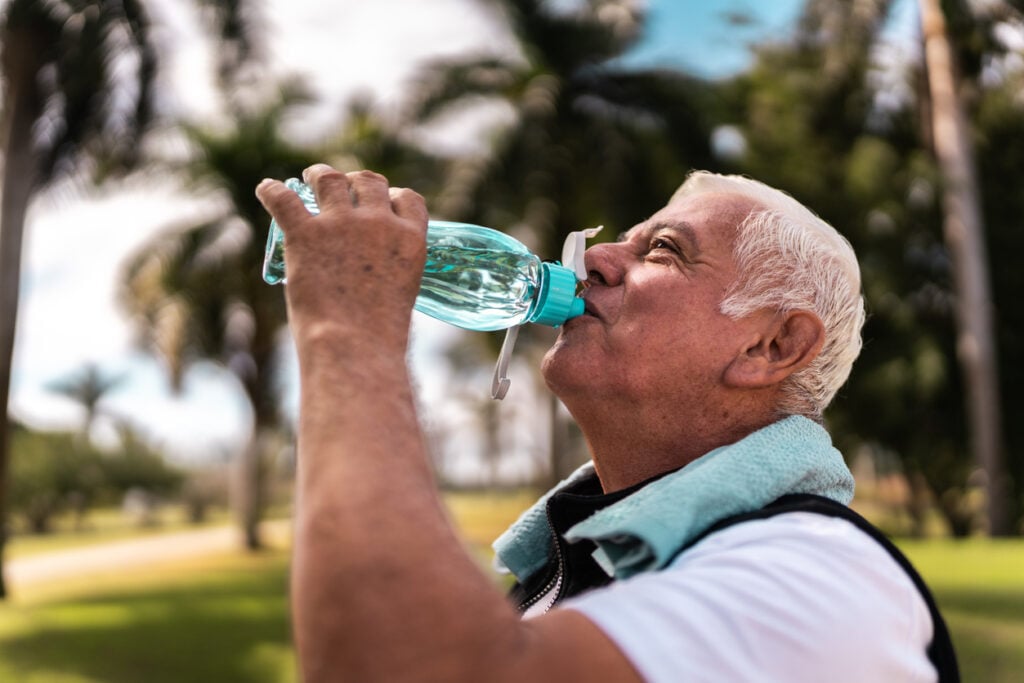Daily behaviors significantly influence the frequency and intensity of extreme heat waves worldwide.

Extreme heat waves have become more frequent and intense, driven in part by human activities. Common daily habits, from energy use to transportation choices, contribute to greenhouse gas emissions and urban heat buildup. Understanding how these everyday actions affect climate change helps clarify the link between individual behavior and broader environmental impacts. Addressing these habits is essential for mitigating the severity of future heat waves.
1. Using air conditioning excessively without energy-saving settings.

Using air conditioning without utilizing energy-saving settings increases energy demand, leading to more greenhouse gas emissions. Excessive reliance on cooling systems also strains electrical grids, often fueled by non-renewable sources, which further exacerbates climate issues.
Optimizing air conditioning usage conserves energy and reduces environmental impact. Setting thermostats to higher temperatures when not home can minimize emissions, as mentioned at Better Health Channel. Employing energy-saving modes or programmable thermostats helps maintain comfort without unnecessary power consumption, ultimately contributing to more sustainable living and reduced heat wave severity.
2. Driving short distances instead of walking or biking.

Driving short distances instead of walking or biking significantly increases carbon emissions. Cars release greenhouse gases, which contribute to global warming and extreme heat waves. Short trips also fail to allow engines to reach optimal efficiency, worsening the situation.
Choosing active transportation methods limits emissions related to vehicle use. Walking or cycling not only reduces the personal carbon footprint but also encourages healthier lifestyles and quieter environments, according to the WHO. These small adjustments contribute collectively to lessening the overall impact of extreme heat events in urban areas.
3. Leaving electronic devices plugged in when not in use.

Leaving electronic devices plugged in wastes energy and adds unnecessary strain on the power grid. Many devices continue to consume electricity even when not in use, contributing to higher emissions and inefficiencies in energy consumption.
Unplugging devices or using power strips can help minimize this wasted energy. Such behaviors contribute to broader efforts to lower energy demands, decreasing reliance on fossil fuels and moderating urban heat island effects over time, as stated by UNICEF. Small habitual changes can collectively impact larger environmental issues like heat waves.
4. Consuming bottled water instead of reusable alternatives.

Consuming bottled water contributes significantly to plastic waste and energy use. The production and transportation of bottles require fossil fuels, generating substantial emissions. Additionally, plastic disposal challenges exacerbate environmental degradation by filling landfills and polluting natural habitats.
Resorting to reusable alternatives significantly reduces this impact. Investing in durable water bottles curtails dependence on single-use plastics, leading to individual carbon footprint reduction. Sustainable consumption choices affect overall environmental health and gradually mitigate contributors of extreme weather events like heat waves.
5. Relying heavily on disposable plastics and packaging.

Relying heavily on disposable plastics and packaging contributes enormously to landfills and greenhouse gas emissions. The production process for these materials often involves fossil fuels, releasing substantial carbon dioxide into the atmosphere.
Switching to reusable options and minimizing packaging waste reduces emissions and resource depletion. These efforts in waste reduction align with sustainability practices that support environmental resilience against growing climate challenges, including intense heat waves affecting global communities. Opting for long-lasting materials also curtails pollution-driven warming.
6. Overusing lawn sprinklers during the hottest parts of the day.

Overusing lawn sprinklers during the hottest parts of the day leads to water waste through evaporation. This inefficiency depletes water resources, essential for cooling urban environments and maintaining ecological balance, ultimately exacerbating heat wave conditions.
Watering plants during cooler periods maximizes soil absorption and reduces unnecessary loss. Responsible watering contributes to environmental stewardship and conservation efforts. Managed water usage helps maintain urban areas more resilient to extreme heat, highlighting the importance of thoughtful resource use in daily life.
7. Ignoring energy-efficient appliances in household choices.

Ignoring energy-efficient appliances results in higher energy use and increased greenhouse gas emissions. Older models consume more electricity, which exacerbates environmental issues by driving demand for fossil fuel-based power.
Switching to energy-efficient models reduces electricity consumption, aligning household practices with long-term sustainability goals. This transition helps lower emissions and mitigates the severity of urban heating. Incorporating energy-smart choices into daily routines supports broader climate mitigation efforts over time, promoting healthier ecological outcomes.
8. Keeping all lights on regardless of room occupancy.

Keeping all lights on wastes energy, contributing to greenhouse gas emissions. Lights left on in unoccupied rooms unnecessarily increase electricity usage, pushing demand on power sources often reliant on carbon-based fuels.
Turning off lights when not in use reduces energy consumption and carbon output. Conscious behavior regarding light use supports efficiency and sustainability. Such simple shifts contribute to larger collective actions needed to dampen extreme heat wave impacts and encourage wider adoption of environmental mindfulness.
9. Frequently ordering food delivery instead of cooking at home.

Frequently ordering food delivery increases packaging waste and vehicle emissions. Deliveries rely on single-use plastics for packaging and utilize transport modes contributing to carbon emissions, exacerbating environmental challenges including heat waves.
Cooking at home reduces packaging waste and lowers personal carbon footprints. It also encourages local consumption, often lessening reliance on emission-heavy transportation. These small, collective shifts help combat pollution and facilitate more sustainable urban environments resilient to climate-induced heat stress.
10. Neglecting to plant or maintain shade-providing trees outdoors.

Neglecting to plant or maintain shade-providing trees misses an opportunity to combat heat retention in urban settings. Trees offer natural cooling through shade and transpiration, crucial for temperature management in heat-prone areas.
Emphasizing tree planting enhances urban landscapes, contributing to cooling and improved air quality. Their presence significantly tempers the urban heat island effect, demonstrating vital ecological roles trees play in moderating extreme heat. This interplay emphasizes a need for greener strategies in urban planning for future climate resilience.
